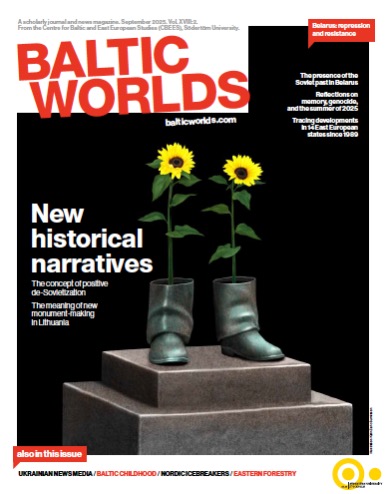Conflicts and alliances in a polarized world Women, gender and
In this issue (2020:1), there are several examples of scholars investigating contemporary feminist mass-struggles from this point of view, asking whether these are examples of or have the potential for forming a feminist populist movement that can effectively counteract neoliberal and authoritarian regimes.

 Issue 2025, 2:
Issue 2025, 2: